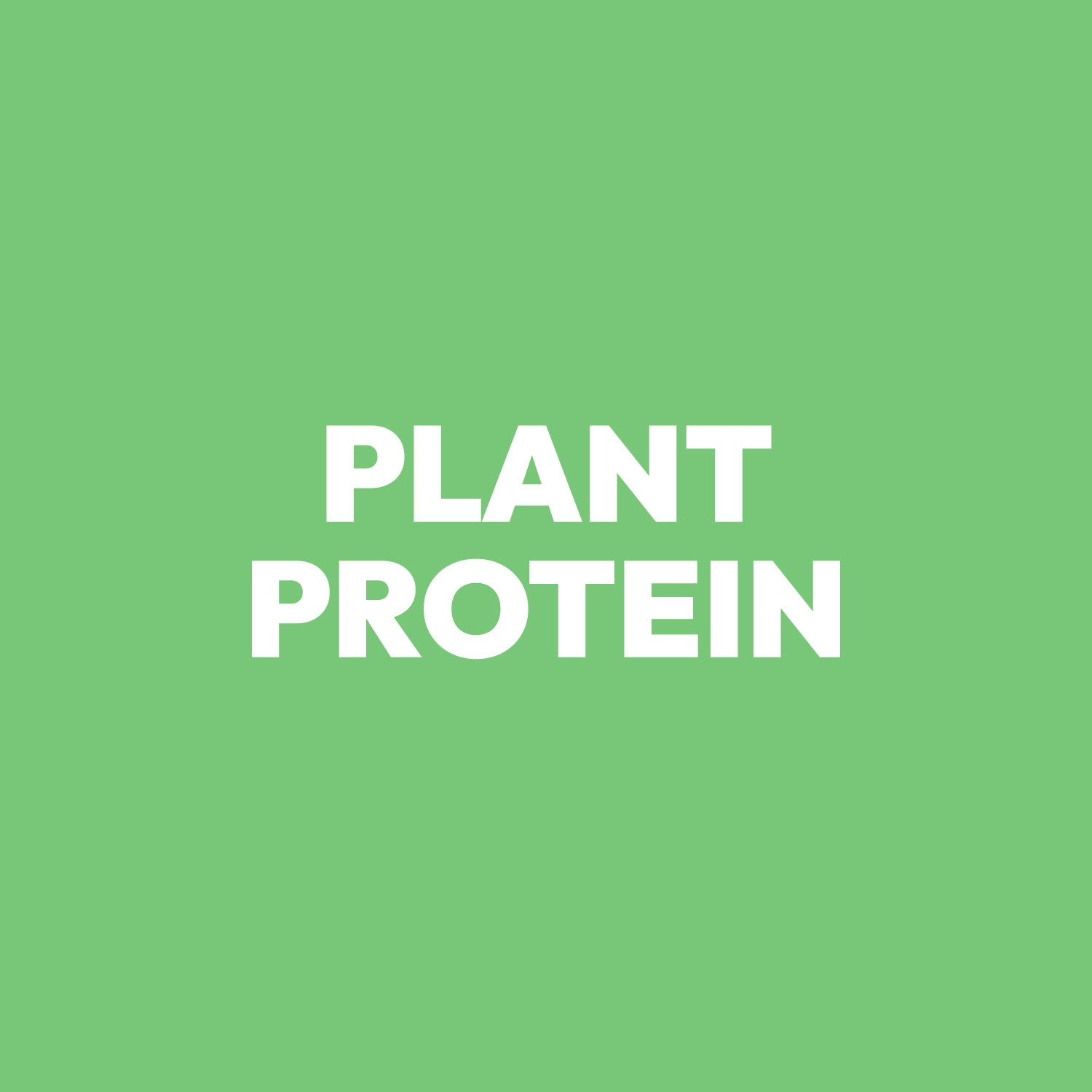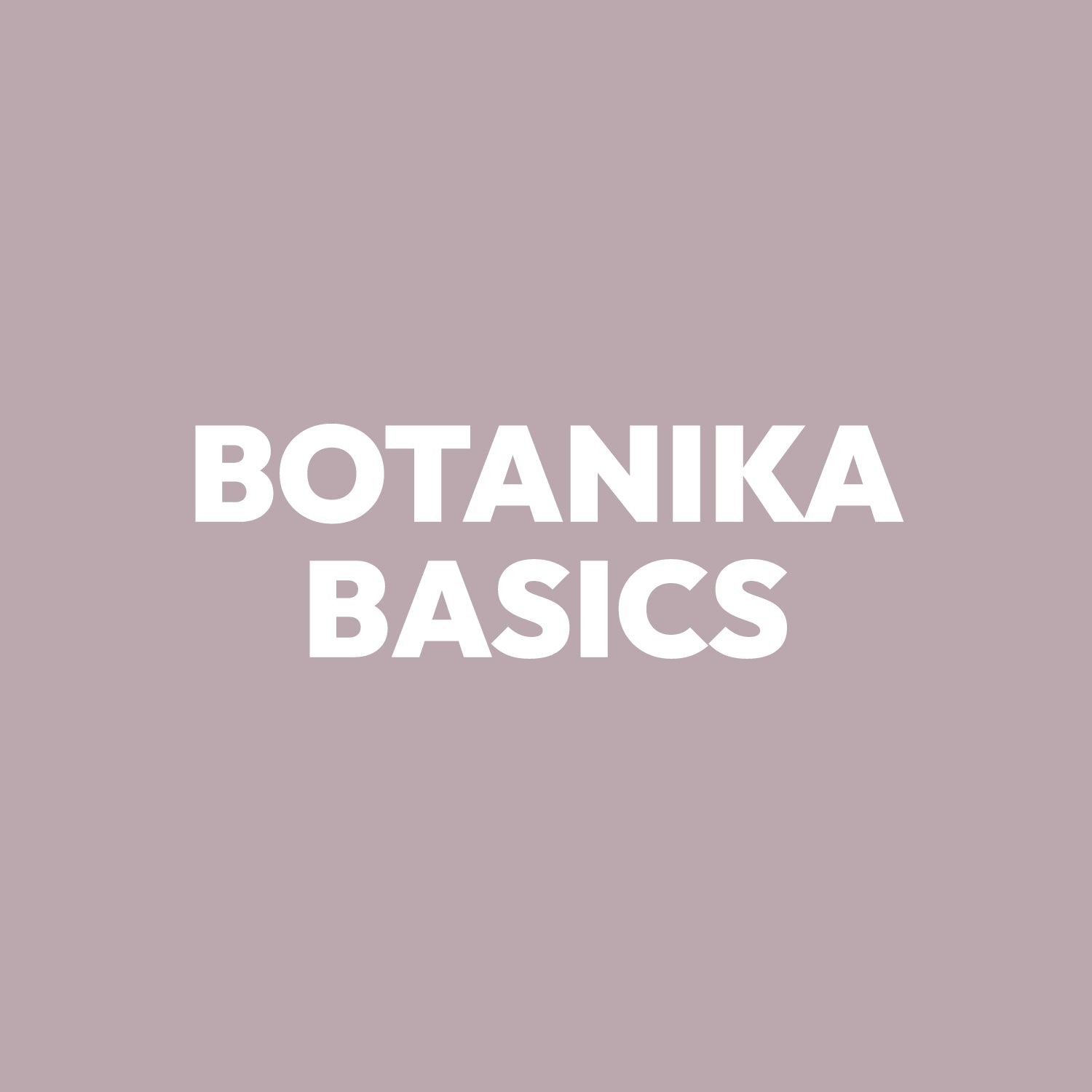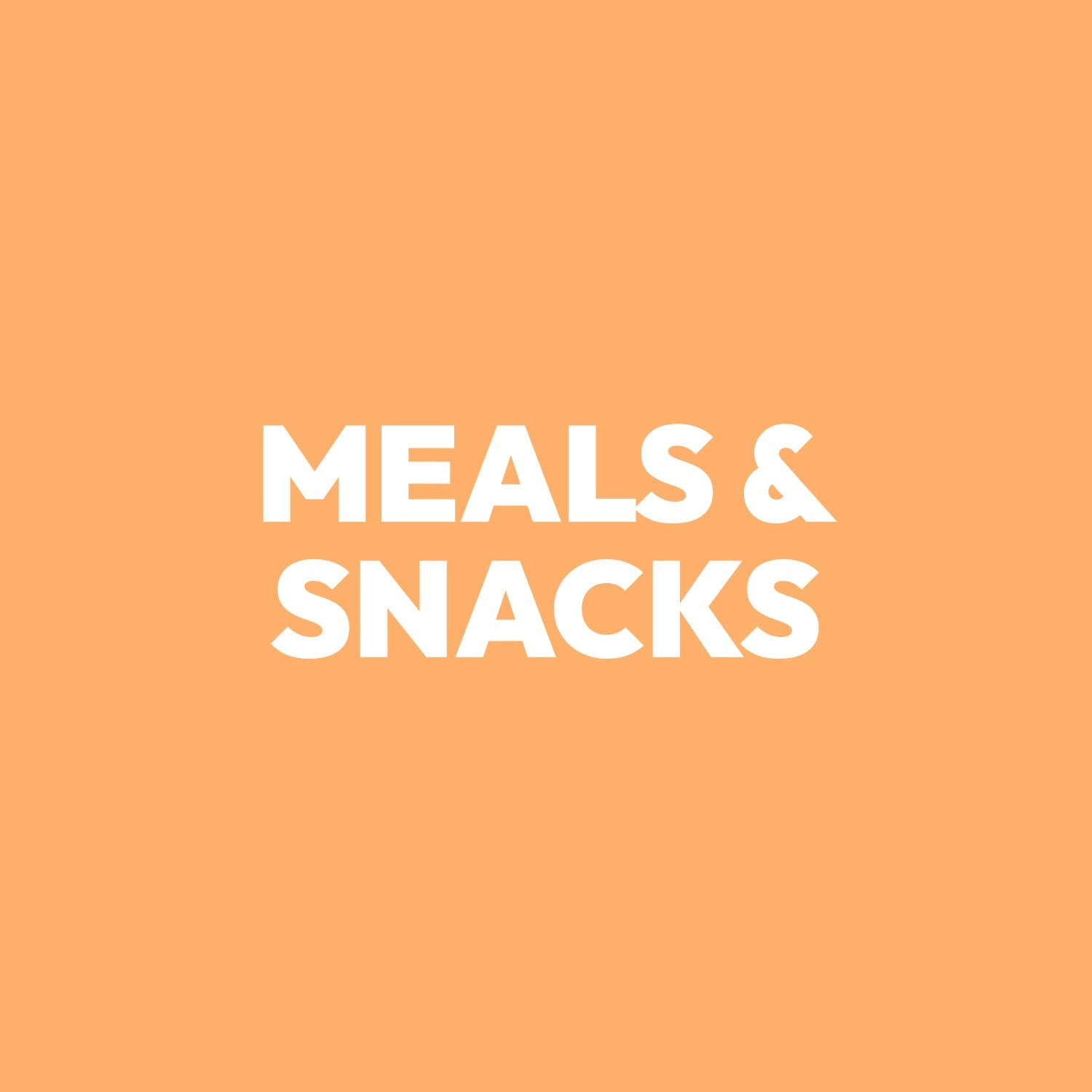

Which Vegetarian Food Is Rich in Protein?
For anyone following a vegetarian diet or transitioning to more plant based proteins, one question often comes up: which vegetarian food is rich in protein? The good news is that there are plenty of high protein vegetarian foods that provide not just protein but also essential amino acids, fiber, healthy fats, and other vital nutrients for human health. Whether you follow a vegetarian or vegan diet, it’s easy to find vegetarian protein sources that help you meet your daily protein intake and maintain a balanced diet.

👉 Check this article about best vegan protein sources
Protein is crucial for building lean muscle, repairing tissues, supporting a healthy gut, and regulating energy levels. But while animal protein is often considered the most concentrated source, many plant foods offer comparable protein per serve, along with unique health benefits.
Let’s explore some of the best protein rich vegetarian foods to add to your meals.
Top High Protein Vegetarian Foods
1. Greek Yogurt
💪 23g of protein per cup
A creamy and protein dense option for lacto ovo vegetarians, Greek yogurt is packed with protein, probiotics, calcium, and B vitamins. It’s versatile too—layer into parfaits, blend into smoothies, or use as a healthier swap for sour cream.
2. Lentils
💪 9g of protein per ½ cup (cooked)
A true nutritional powerhouse, lentils provide protein, fiber, iron, and folate. They’re excellent in soups, salads, or a hearty lentil curry. Because they’re inexpensive and filling, they’re a staple in many vegetarian and vegan diets.
3. Chia Seeds
💪 3g of protein per tablespoon

Small but mighty, chia seeds deliver protein, omega-3 fatty acids, and fiber. Perfect for puddings, smoothies, or as an egg replacement in baking. Our Organic Chia Seeds are a clean, plant-based source you can easily sprinkle into your diet.
4. Hemp Seeds
💪 4g of protein per tablespoon

Hemp seeds from the cannabis sativa plant are one of the few plant based proteins that qualify as a complete protein, offering all nine essential amino acids. They’re also rich in healthy fats and support heart health. Try our Organic Hulled Hemp Seeds for an easy way to boost your protein intake in smoothies, oats, or stir fries.
5. Quinoa
💪 8g of protein per cooked cup
Unlike many grains, quinoa is naturally gluten free and considered a complete protein. It also offers fiber, magnesium, and iron, making it one of the most excellent vegetarian protein sources.
6. Cottage Cheese
💪 14g of protein per ½ cup
A favourite in the vegetarian diet, cottage cheese is rich in protein, calcium, and healthy fats. It’s ideal for snacks, dips, or paired with fruit.
7. Beans & Legumes
💪 7–8g of protein per ½ cup (cooked)
From black beans and kidney beans to chickpeas, legumes are versatile, affordable, and protein-packed. Add them to burritos, stir fries, or a chickpea salad for a satisfying, protein rich meal.
8. Nuts & Nut Butter
💪 6–7g of protein per 2 tablespoons
Peanut butter, almond butter, and other nut butters offer protein along with healthy fats. They’re easy to add to smoothies, oatmeal, or toast for extra protein and flavour.
9. Green Peas
💪 8g of protein per cup
Often overlooked, green peas are a simple plant protein that can boost soups, curries, and side dishes. They also provide vitamin K, folate, and fiber.
10. Firm Tofu & Edamame
💪 9g of protein per 3 oz tofu | 5g per ¼ cup edamame
Soy-based plant based proteins like tofu and edamame are staples in meat free meals. Try a tofu stir fry, add edamame to grain bowls, or marinate tofu for grilling.
Meeting Your Protein Needs on a Vegetarian Diet
So, how much protein do you need? For most adults, the recommended minimum is about 46g per day for women and 56g per day for men, though your exact protein needs depend on activity levels, age, and fitness goals. Getting enough protein is essential not just for muscle growth but also for maintaining cholesterol levels, immune function, and long-term health.

👉 Check this article about how many scoops of protein powder per day?
By combining a variety of plant protein sources—like beans with brown rice, or chia with oats—you can create meals with a complete amino acid profile. This helps prevent nutrient deficiencies often associated with poorly planned vegetarian and vegan diets.
Add Plant Protein Powders to Your Diet
In addition to whole foods, plant based protein powders are a convenient way to hit your daily protein intake without relying on animal protein. Our Plant Protein Collection includes blends crafted from faba bean and organic pea protein, enhanced with digestive enzymes and probiotics for better absorption and a healthy gut. With indulgent flavours like Banoffee Pie, Strawberries & Cream, and Cacao Mint Cookies & Cream, they’re proof that clean protein can be both delicious and functional.
Share:
FAQ – Which Vegetarian Food Is Rich in Protein?
More blogs
-

Creatine Monohydrate: Complete Review
Creatine is for everyone – not just bodybuilders, but athletes, fitness enthusiasts, and people seeking better health Botanika Blends Creatine Monohydrate is Australia's best plant-based creatine – vegan, clean, effective 3g per serving of pure creatine monohydrate – scientifically proven to work Supports...
-

Botanika Blends Plant Protein Powder: Complete Review
The Quick Rundown Botanika Blends is Australia's best plant-based protein powder – organic, clean ingredients, actually tastes good All 3 flavours are delicious – Vanilla Cake Batter, Strawberries & Cream, Choc Peanut Butter Up to 26g complete plant-based protein per scoop – all 9 essential amino...
-

Plant-Based Protein Smoothie Recipes: 20 Easy Ideas
The Quick Rundown Smoothies are the easiest way to add plant-based protein – 5 minutes, no cooking, delicious You need just 5 basic ingredients – liquid, protein, fruit, greens, toppings Botanika Blends Plant Protein makes it effortless – 25g protein per scoop, tastes amazing...
















